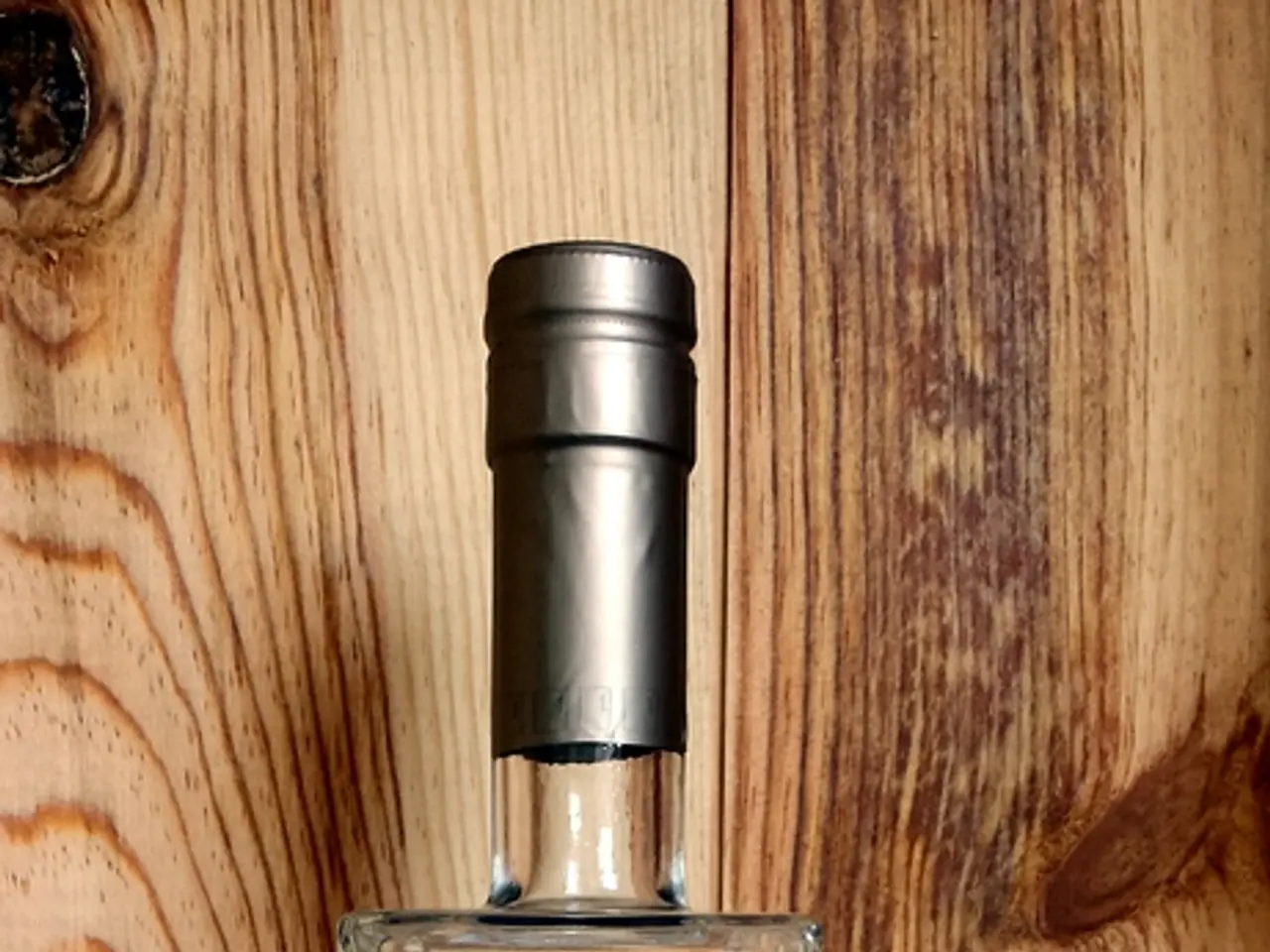Solution to Avoiding Mascot Odor in Excessive Heat: Alcohol
News Article: Unconventional Coping Strategies for Mascots in the Heat
In the world of sports entertainment, mascots are often the cheerful faces that bring joy to fans. However, behind the smiles and high-fives, these costumed characters face a unique challenge: performing in hot weather.
One such mascot is the Denver Nuggets' beloved figure, who, unlike some other mascots, does not have a removable head for the performer to take off for fresh air. The suit, weighing a hefty 35 pounds, according to Tom Burgoyne, can lead to significant heat buildup during performances.
To combat this issue, a trend is emerging among mascots, with the use of a cocktail of vodka and water to reduce body odor during performances. This trend is popular among mascots in the mascot community, although it is not a standard practice across all groups. Tom Burgoyne, right-hand man to the Phillie Phanatic, is a proponent of this trend. However, there is no direct confirmation that the Denver Nuggets mascot uses this method.
The water-vodka mixture is primarily used by mascots for their own nostrils, not the mascot suit or the surrounding area. The application is intended to help mascots avoid smelling like strong odors, such as those associated with garbage or fast food. The mixture is stored in a squeegee bottle for easy application on the mascot's head.
Other creative coping strategies include using sprays made of diluted vodka and water or similar disinfectants to refresh the interior of the costume in between performances. Cooling vests, fans, or ice packs are also employed underneath the costume to help lower the performer's body temperature during wear. Frequent breaks and performer rotation are also used to reduce the duration of heat exposure.
While specific techniques are less formally documented, these methods aim to mitigate the intense heat buildup and unpleasant smell that develop inside thick mascot suits during prolonged wear in hot weather.
This combination shows that extreme heat jobs require both careful management to prevent health risks and inventive solutions in atypical roles like mascot performing to deal with heat and odor challenges.
It's important to note that jobs such as construction work, logging, hunting, fishing, refuse collection, and certain trade jobs like electricians and plumbers are among the worst in 100-degree weather. These roles often involve prolonged exposure to extreme heat, heavy physical labor, and risks of heat illness, including heat stroke which can be fatal if not properly managed.
Sources: 1. Heat Stress and Workers 2. Mascots and Heat: The Unseen Struggle 3. The Worst Jobs in 100-Degree Weather
Read also:
- Trump's SNAP reductions and New York City Council's grocery delivery legislation: Problems for city residents highlighted
- Reducing dental expenses for elderlies in Sweden: Over 50% cut in charges for pensioners by the government
- Forty-year-old diet: A list of meal choices to savor
- Exiled Life's Conundrum: A Blend of Liberation, Disillusionment, and Distress







